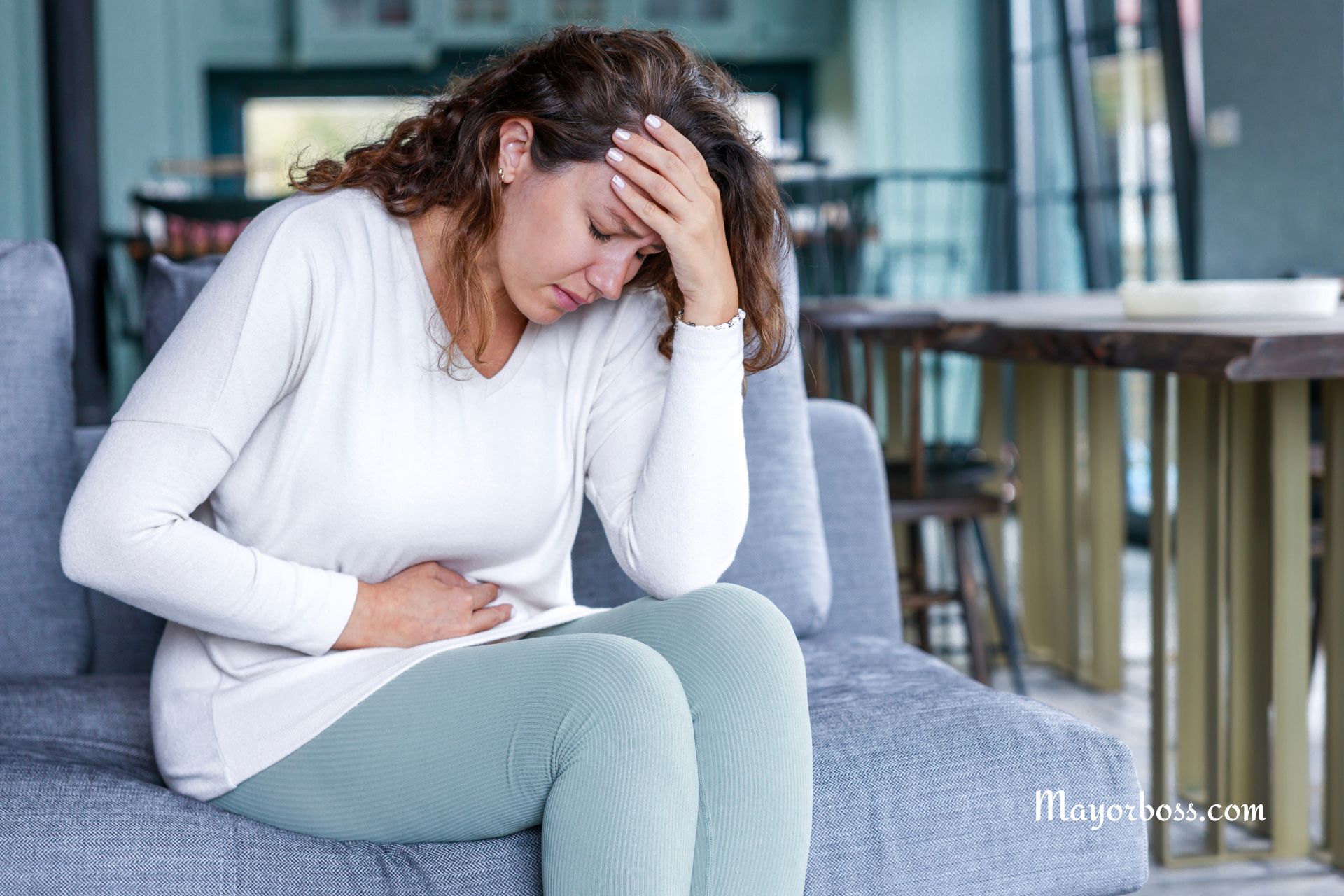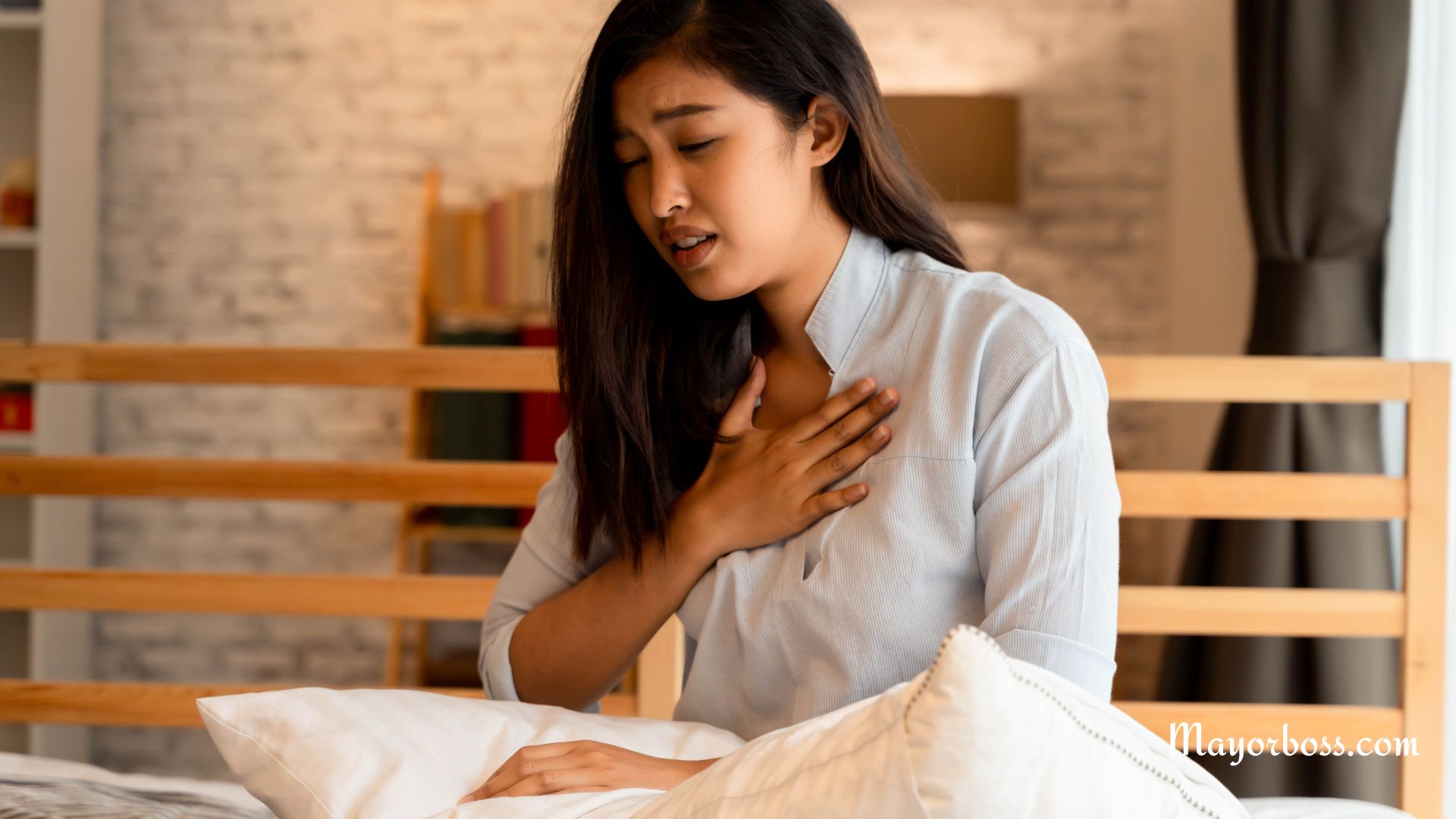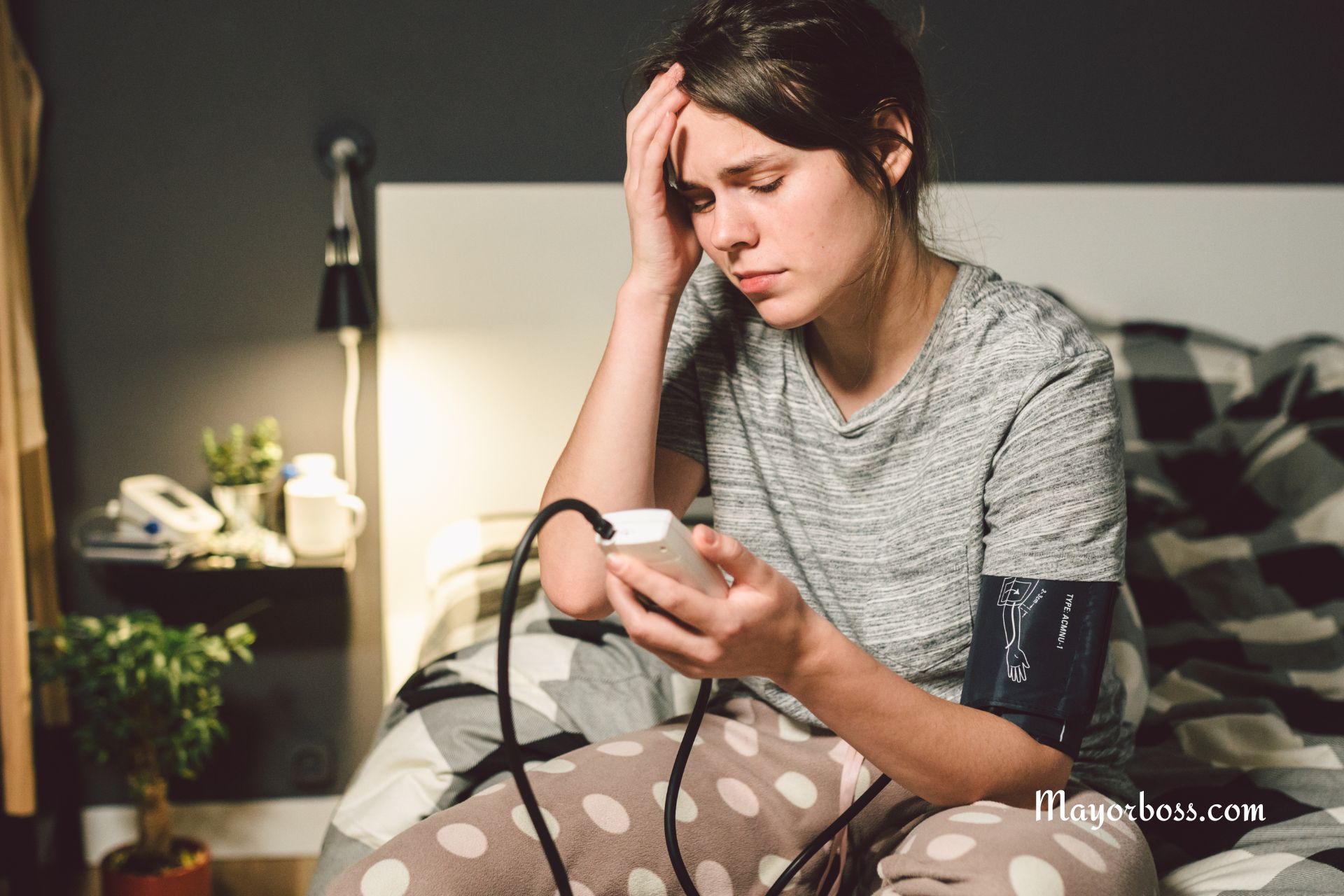8 Side Effects of Too Much Coffee
Coffee is a drink that many people enjoy every day. It can help you feel more awake and alert. However, drinking too much coffee can cause unpleasant and even dangerous side effects like high blood pressure. In this article, we will look at eight side effects that may happen if you drink too much coffee.

1. Trouble Sleeping
Coffee contains caffeine, a substance that makes you feel more awake. Research indicates that high caffeine consumption can prolong the time it takes to fall asleep and may reduce overall sleep duration.
2. Upset Stomach
Drinking too much coffee may upset your stomach. Caffeine can cause your stomach to produce extra acid. This extra acid may lead to a burning feeling in your chest or throat, which is known as acid reflux. If you already have a sensitive stomach, you might feel worse after drinking coffee.
3. Fast Heartbeat
Caffeine makes your heart work harder. When you drink a lot of coffee, your heart may beat faster than normal. Some people feel their heart pounding in their chest after too much coffee. This can be scary if you are not used to it. It is important to watch how much coffee you drink to avoid this side effect.
4. High Blood Pressure
Studies show that caffeine can raise your blood pressure for a short time. For most people, this is not a big problem. However, if you have high blood pressure or heart issues, drinking too much coffee may make things worse. Keeping track of how much coffee you drink can help you stay healthy.
5. Feeling Anxious
Caffeine can make you feel more anxious or nervous. If you are prone to anxiety, too much coffee might increase those feelings. You might feel jittery or restless. If you feel this way, it may help to drink less coffee.
6. Dehydration
Coffee can make you lose more water through your urine. This means you might become dehydrated if you do not drink enough water. Dehydration can make you feel tired or dizzy. To stay healthy, it is important to drink water along with coffee.
7. Dependence and Withdrawal
Drinking coffee every day can lead to dependence. This means your body gets used to caffeine. If you suddenly stop drinking coffee, you might have withdrawal symptoms. These symptoms can include headaches, feeling tired, being irritable, and having trouble concentrating. To avoid these problems, it is best to slowly cut back on coffee if you decide to drink less.
8. Weaker Bones
Some studies suggest that too much caffeine can affect your bones. Caffeine might make it harder for your body to use calcium. Calcium is important for strong bones. If you do not get enough calcium in your diet, drinking a lot of coffee might harm your bone health over time.
How to Enjoy Coffee Safely
Knowing your own body is important. Everyone reacts to caffeine in different ways. Here are some simple tips to help you enjoy coffee without too many side effects:
Monitor Your Coffee Intake
Keep track of how many cups of coffee you drink each day. If you start to feel side effects like trouble sleeping or stomach pain, you might need to drink less.
Choose the Right Time
Try not to drink coffee late in the day. Drinking coffee in the morning or early afternoon gives your body time to process the caffeine before bedtime.
Drink Water
Coffee can make you lose water. To stay well-hydrated, drink water throughout the day. This can help reduce the chance of feeling dizzy or tired.
Balance Your Diet
Make sure you get enough calcium from your food or drinks. Dairy products, leafy green vegetables, and fortified foods are good sources of calcium. This can help protect your bones.
Cut Back Slowly
If you decide to drink less coffee, do it gradually. This helps your body adjust and reduces the chance of withdrawal symptoms like headaches or tiredness.
Final Thoughts
Coffee can be a healthy part of your day if you drink it in moderation. It can make you feel more awake and help you focus. However, too much coffee can cause problems such as trouble sleeping, an upset stomach, a fast heartbeat, high blood pressure, anxiety, dehydration, and even dependence.
It is important to pay attention to how your body feels after drinking coffee. If you notice any of these side effects, try to cut back.






